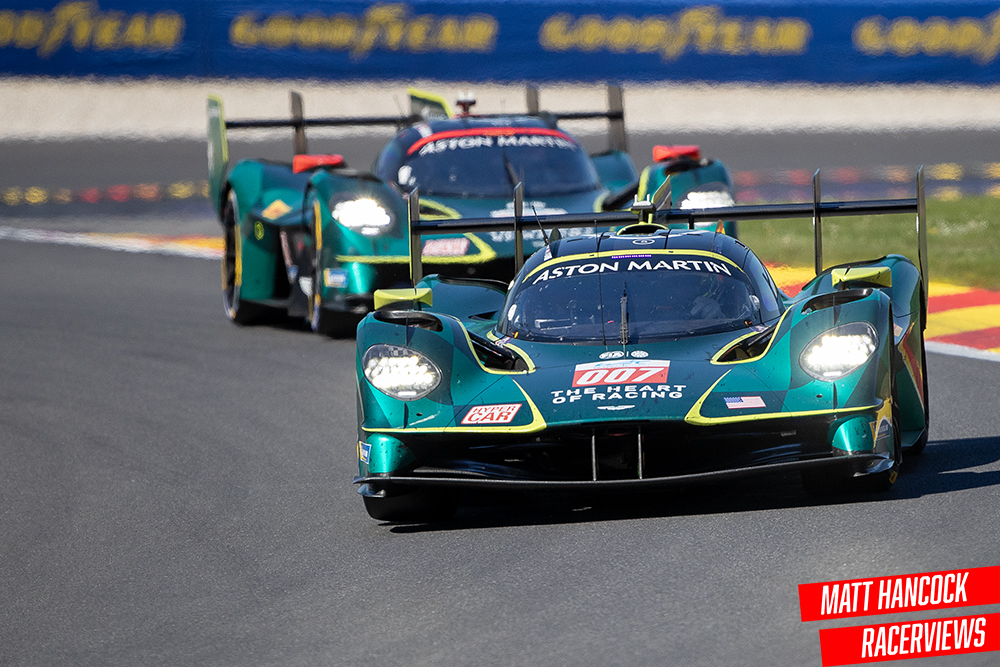Volkswagen CEO has fallen on his sword – but is it the death of diesel?
Justin O’Brien, Royal Holloway; Sigrun M Wagner, Royal Holloway, and Stephanos Anastasiadis, Royal Holloway
Volkswagen CEO Martin Winterkorn bowed to mounting pressure for his resignation as a result of the US diesel reporting revelations scandal. Others may follow his exit trajectory, but several important questions still need to be answered.
Did global car maker VW really need to deliberately cheat strict US car emissions tests to sell cars in the US? With the money it spent to develop software to cheat the system, would it not have been better to invest in the development of cars that could actually meet the standards and put itself in a powerful position to sell much cleaner cars in Europe as well?
Cutting regulatory corners is far from unknown in the automobile industry – and not just in the US. There appears to be gaming of the system going on in Europe too, where for the test cycles the cars are equipped with the best tyres, but not the tyres with which the average cars will be sold – meaning that many cars on the road never meet the test results on fuel efficiency with which these cars are marketed. Of course, VW is not a lone wolf here, and in fact this is somewhere where VW scores slightly above the industry average.
Pushing the envelope on tests can be seen as a practical effect of the intersection between the search for profit on the one hand and, on the other, the perception among many – but not all – car makers that government is not really the appropriate setter of rules, as The Tobin Project has highlighted. The point is that a company which does not respect the rule-making process may find it easier to break the rules, even if it is formally and publicly committed to being a good corporate citizen.
Our research has identified two different ways that some car makers in Europe have approached the regulation process and regulators, typified by either freedom from rules to do what they want, or freedom to innovate within a common set of rules. Will this ethical crisis precipitate an overdue curtailment of automotive giant freedom and lead to a necessary tightening of regulatory oversight?
Taking responsibility
A dramatic fall, measured in tens of billions, in the VW share price has seen big business ethics again dominate front-page news for several days. Any short-term bounce back to business as usual looks unlikely as nearly £5bn has been set aside to cover the potential product recall costs for the 11m vehicles involved.
A reportedly “shocked” CEO Martin Winterkorn, vowed that “manipulation at VW must never happen again”. In resigning he claimed he was “not aware of any wrong doing on my part” – a refrain not disimilar to claims from FIFA’s Sepp Blatter. Our media-fuelled culture of blame likes to see blood letting after a scandal of this magnitude and the VW board statement anticipates announcing further personnel consquences.
And so yet another high-profile global enterprise chokes and splutters over business ethics. The respected German automotive giant joins Barclays, Toshiba and Petrobas in an expanding band of leading companies who have been decapitated following reporting standards scandals.

Recently departed CEO Martin Winterkorn.
Reuters/Axel Schmidt
Diesel’s demise?
Another big question that this episode throws up is the future of diesel in car manufacturing. Paul Nieuwenhuis at Cardiff University’s electric vehicle centre suggests this crisis questions the credentials of diesel as an emissions-efficient fuel and further undermines public support, perhaps fuelling the regulatory case supporting an acceleration of power-train electrification.
VW’s 2.4m diesel vehicle sales in 2013, more than double its nearest competitors, accounts for 25% of its factory output.
Major European cities such as Paris and Birmingham are already calling for a crackdown on diesel and the FT has suggested that Europe, where 53% of 2014 engines sold used diesel, might switch “virtually overnight” to petrol.
Winterkorn’s unambiguous public apology stated: “I personally am deeply sorry that we have broken the trust of our customers and the public.” That was a precursor to falling on his sword.
With the very real threat of a large fine and potential for criminal charges, according to the BBC, we can expect Europe’s largest commercial organisation to remain particularly tight lipped, although this story appears to still have enough gas to roll on and on.
Justin O’Brien, MBA Programme Director, Royal Holloway; Sigrun M Wagner, Senior Lecturer, School of Management, Royal Holloway, and Stephanos Anastasiadis, Lecturer in Sustainability, Royal Holloway
This article was originally published on The Conversation. Read the original article.




